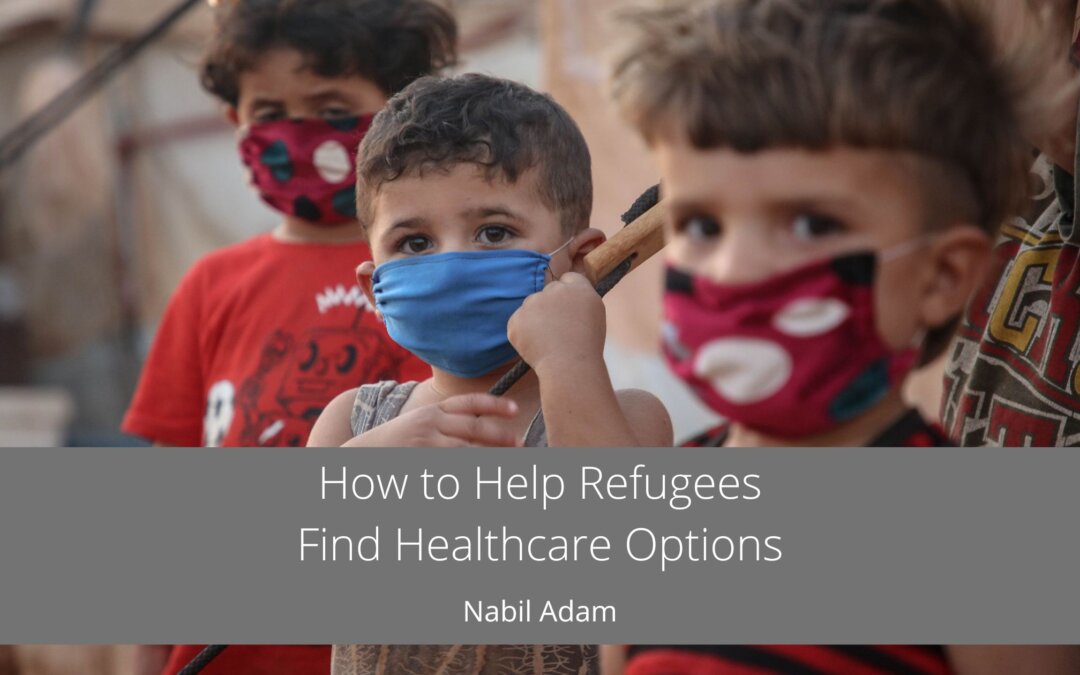The global refugee crisis has reached unprecedented scales, with millions of individuals displaced from their homes due to war, persecution, and natural disasters. In addition to facing the immense challenges of resettlement, these vulnerable populations often grapple with significant barriers to accessing quality healthcare. Assisting refugees in securing health services is a humanitarian duty and a crucial step in facilitating their integration into new communities.
- Collaborative Community Outreach Programs
Communities play a pivotal role in the assimilation of refugees. Grassroots initiatives can fill gaps where larger organizations or government services may be overwhelmed or undersupplied. By forging connections at the community level, refugees can access local knowledge, resources, and support tailored to their unique needs.
- Local Health Camps: Partner with local clinics and hospitals to organize health camps specifically for refugees. These can provide essential health check-ups, vaccinations, and medical consultations.
- Translation Services: The language barrier can be a significant impediment. Collaborate with bilingual community members to volunteer as interpreters during medical appointments.
- Cultural Sensitivity Training: Engage healthcare providers in training programs to enhance their understanding of cultural nuances, ensuring refugees feel understood and respected during their medical encounters.
- Digital Platforms and Health Navigators
In our digital age, information is power. While refugees may have limited resources, many have access to smartphones or community internet points. Digital platforms can offer a lifeline, connecting refugees to critical health services.
- Online Directories: Develop a comprehensive online directory listing nearby healthcare providers, clinics, and pharmacies that cater to refugees. This directory should be accessible, user-friendly, and available in multiple languages.
- Telemedicine: Partner with telehealth platforms to offer virtual consultations. This not only provides immediate care but also breaks down geographical barriers.
- Health Navigators: Designate and train individuals to guide refugees through the complexities of the healthcare system. These navigators, available both in-person and online, can assist with tasks like booking appointments, filling prescriptions, and understanding medical documents.
- Collaboration with NGOs and International Bodies
Non-Governmental Organizations (NGOs) and international bodies like the UNHCR and WHO have long been at the forefront of refugee support. These organizations possess expertise, resources, and networks that can be harnessed to optimize healthcare solutions for refugees.
- Resource Pooling: Local communities and governments should partner with NGOs to pool financial, human, and material resources. This can ensure better-equipped health centers, more comprehensive outreach, and enhanced service provision.
- Skill-Sharing Workshops: Host joint workshops where international experts share best practices and strategies with local healthcare providers. This exchange can uplift the quality of care provided to refugees.
- Awareness Campaigns: Organize campaigns to inform refugees about their rights, available health services, and methods to access them. This can be achieved through pamphlets, community radio, and social media channels.
The healthcare needs of refugees cannot be understated. As they navigate the challenges of displacement, the assurance of quality health services can significantly alleviate their burdens. By fostering community collaborations, harnessing the power of digital platforms, and partnering with established NGOs, we can ensure that these individuals who have endured so much receive the care and support they deserve.

